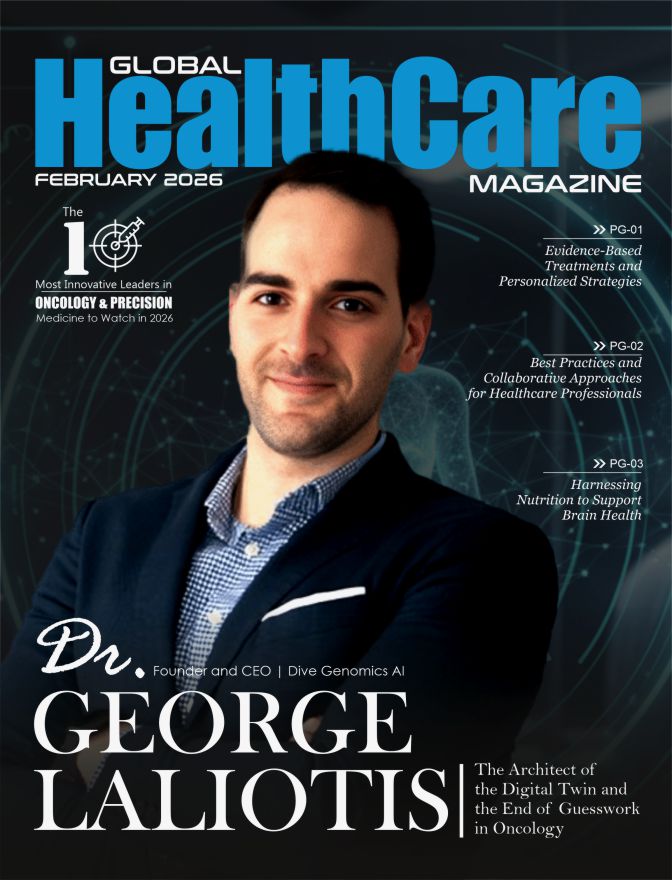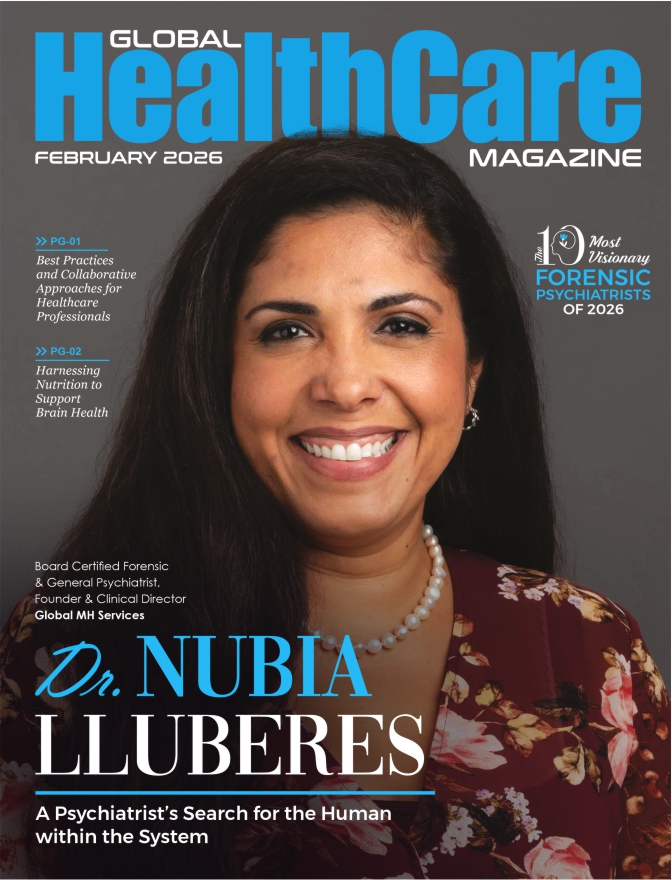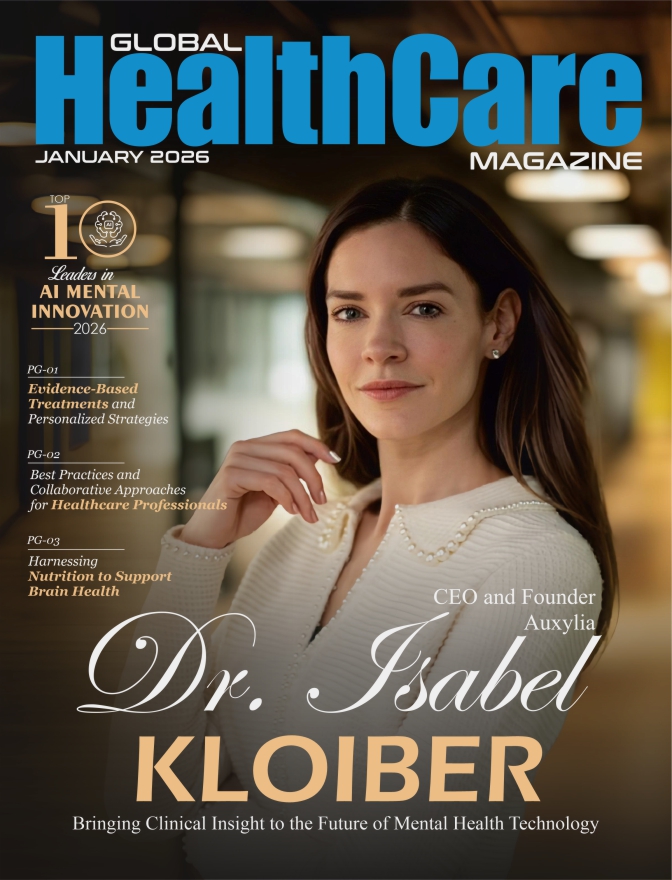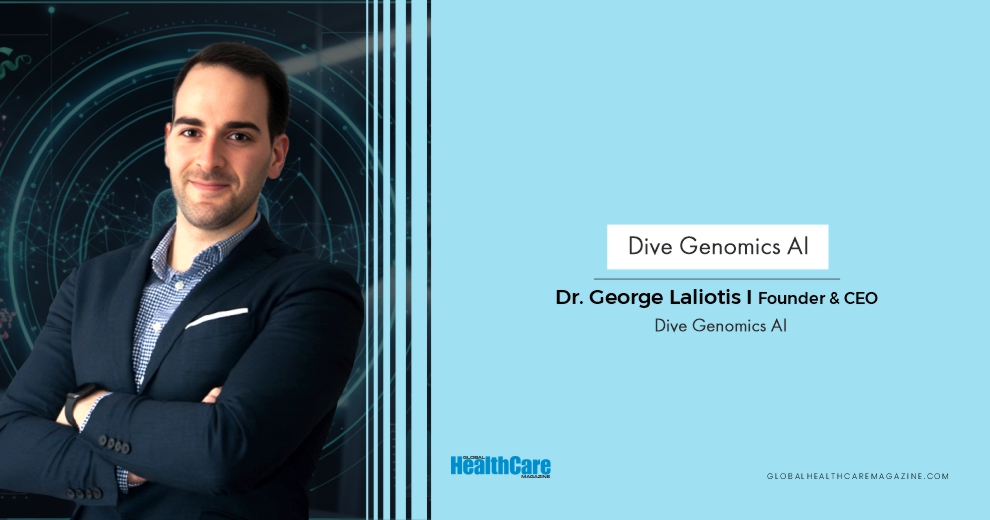Healthcare delivery faces immense pressure. Clinicians grapple with increasing patient loads while simultaneously navigating complex administrative requirements. This operational friction consumes valuable time, detracts from patient care, and contributes to professional burnout. Addressing this inefficiency is not merely desirable; it is essential for a sustainable healthcare system. Fernando Cowan, Founder of DeepCura AI, recognized this need. He leads a company dedicated to developing and deploying sophisticated Artificial Intelligence (AI) solutions that automate clinical tasks and enhance operational efficiency within medical practices.
Guiding the Profession through Technological Change
Cowan positions himself not just as a technology provider, but as an informed guide for the medical community navigating the complexities of AI adoption. His insights, often shared through articles and derived from frequent conversations with dozens of medical providers daily, reveal a deep understanding of the practical challenges and requirements clinicians face. He actively shapes the conversation around selecting effective AI tools, particularly medical scribes and establishing criteria for evaluation. This educational stance underscores his leadership role – understanding the market’s needs and helping providers make informed decisions about technology crucial to their practice.
Defining Excellence: The Pillars of Effective AI Clinical Assistance
Through his experience and interactions, Cowan articulates a clear standard for high-performing AI clinical automation tools, implicitly setting the bar for DeepCura’s own offerings. He argues that effective solutions require more than simple voice-to-text capabilities. Several key pillars define this standard:
- The Foundation: Intelligent AI and Longitudinal Understanding: Cowan emphasizes the importance of the underlying AI model. He points to the capabilities of advanced AI reasoning models, which can process information in a structured, step-by-step manner similar to human experts. This allows the AI scribe to handle complex clinical information accurately. Furthermore, he stresses the need for longitudinal context – the ability of the AI to access and utilize relevant information from a patient’s past encounters. This creates a holistic view, improves note accuracy, and supports better clinical decision-making by maintaining continuity of care.
- Precision and Teamwork: Speaker Separation and Collaboration: Accuracy demands clear identification of who said what during a patient encounter. Cowan highlights the necessity for effective speaker separation technology to produce clean, unambiguous transcripts and notes, ensuring accountability. Recognizing that healthcare involves multiple professionals, he also advocates for multi-user collaboration features. A shared workspace allows nurses, physicians, medical assistants, and administrative staff to access and contribute to the same clinical notes, streamlining communication and reducing redundant data entry across the care team.
- Adaptability and Connection: Customization and Integration: Medical specialties have distinct documentation needs. Cowan argues for hyper-customization, allowing clinicians to tailor note structures, and headers, and even invoke macros, potentially using simple voice commands. This adaptability saves time and helps align documentation with specific regulatory or payer requirements. Equally critical are robust integrations. An AI scribe must connect seamlessly with existing systems like Electronic Health Records (EHRs), billing software, and productivity suites (e.g., Google Workspace) via Application Programming Interfaces (APIs) and webhooks. This connectivity enables the automation of subsequent tasks, such as sending referral letters or scheduling follow-ups, further reducing manual effort.
From Blueprint to Reality: DeepCura’s Market Integration and Acceptance
Cowan’s leadership extends beyond defining standards to delivering solutions that meet them. DeepCura demonstrates significant market traction, serving prestigious medical groups across the United States. The company achieved deep integration with major EHR platforms, earning listings in their official marketplaces. Notably, DeepCura secured exclusive partnerships with certain EHR providers. These partners prioritize DeepCura’s system due to positive feedback from their own user base when compared to competing platforms. This market validation speaks directly to Cowan’s success in translating his vision for high-quality AI automation into a product that delivers tangible value and earns the trust of both clinicians and established healthcare technology players. This achievement reflects the effective execution of product development, partnership strategy, and focus on user satisfaction.
Confronting the Nursing Crisis: A New Application for AI Automation
Identifying and responding to emergent healthcare challenges is a core leadership responsibility. Cowan directed DeepCura’s capabilities toward a pressing issue: the critical nursing shortage in the US. This shortage, driven by factors like an aging population, workforce retirements, and educational bottlenecks, strains healthcare facilities and compromises patient care. Recognizing the potential for AI to alleviate some of this pressure, Cowan spearheaded the development and launch of DeepCura’s “AI Nurse” feature. This represents a strategic application of DeepCura’s underlying AI technology to address a specific, system-wide crisis.
The AI Nurse: Functionality and Workflow Enhancement
The DeepCura AI Nurse functions as an intelligent assistant designed to handle specific nursing-related tasks, thereby freeing up human nurses for more complex, direct patient care. It offers a personalized pre-charting routine, interacting with patients before their visit to gather essential information. This interaction can occur in multiple languages, enhancing accessibility. The AI Nurse can create tailored instructions for individual patients, facilitate communication, provide information, and even help coordinate telehealth sessions. By automating these preparatory and follow-up tasks, the AI Nurse streamlines workflows, optimizes workload distribution among staff, and aims to improve the overall patient experience through timely and accurate communication. It acts as a technological support mechanism within the strained nursing environment.
Leadership Responsibility: Identifying Needs, Directing Innovation
Leading DeepCura involves continuously identifying unmet needs in the healthcare market – from the general requirement for better documentation tools to acute system stresses like the nursing shortage. Cowan assumes the responsibility for interpreting these needs and directing DeepCura’s technological development efforts toward creating effective solutions. This requires not only technological foresight but also navigating the complexities of healthcare compliance (maintaining HIPAA standards and potentially other certifications across all features) and ensuring seamless integration within existing clinical environments. The launch of the AI Nurse showcases this leadership in action: perceiving a critical problem and marshaling resources to innovate a targeted solution.
The Broader Vision: System-Wide Efficiency through Intelligent Automation
Fernando Cowan’s work with DeepCura points toward a broader vision for the future of healthcare delivery. The successful implementation of sophisticated AI scribes and specialized tools like the AI Nurse suggests a pathway toward significant system-wide efficiency gains. By automating routine administrative and communication tasks, DeepCura aims to reduce clinician burnout, improve the accuracy and completeness of medical records, enhance care team collaboration, and ultimately allow healthcare professionals to dedicate more focus to direct patient care. The emphasis on robust integrations and high standards for AI performance indicates an ambition to embed intelligent automation deeply within the fabric of healthcare operations.
Conclusion: Fernando Cowan and the Intelligent Future of Healthcare Delivery
Fernando Cowan demonstrates leadership by setting high standards for AI automation in the demanding healthcare sector. He guides the market through education while simultaneously building DeepCura to meet those exacting criteria. The company’s success, marked by deep EHR integrations and exclusive partnerships driven by positive user feedback, validates his approach. Cowan further exhibits strategic leadership by identifying critical system-level problems, such as the nursing shortage, and directing DeepCura’s innovation toward tangible solutions like the AI Nurse. His focus on intelligent AI models, customization, collaboration, and seamless integration positions DeepCura not merely as a vendor, but as a key architect shaping a more efficient, technologically empowered future for healthcare delivery. Cowan’s efforts underscore the potential for thoughtful leadership and advanced technology to address some of medicine’s most pressing operational challenges.
Also Read: Healthcare Technology Innovators: Five Leaders Revolutionizing EMR in 2025













